- admin@remerge.org
Menu
We build communities of peace by accelerating belonging and flourishing.

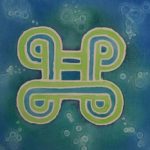
We cultivate relationships and networks across social-divisions and sectors to join lives and strengthen communities.

We provide learning opportunities that help leaders and teams to be more effective, creative, and collaborative.

We accelerate and partner with mission-driven leaders to create solutions that contribute to flourishing communities.
Communities and cultures are formed by the way we see and act toward our neighbors over time. When we view others with suspicion, our values and practices will reflect that fear resulting in social divisions, vulnerable people groups, and dysfunctional communities. Racism, poverty, social isolation, environmental abuse and corruption are evidence of this distrust and disfunction. The good news is that God, through Christ, is reconciling the world to Himself, joining our lives together in such a way that we become something new – a new humanity.
We believe that the most vulnerable are a vital part of the community and should be welcomed at the table; that community-building includes tearing down dividing walls & creating trusting relationships; and that greater impact is made by diverse, cross-sector networks
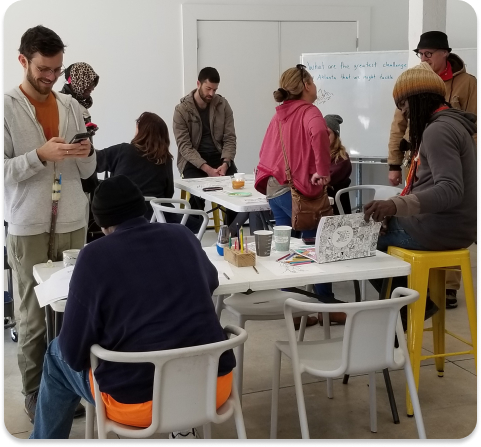
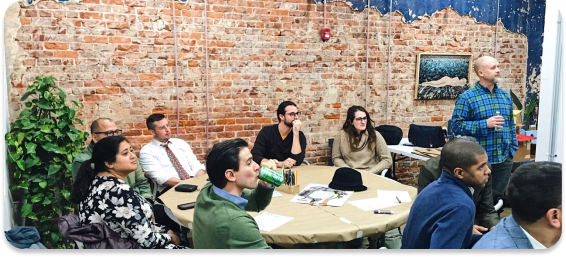
Everyone, as God’s beloved image bearers, has inherent worth and is gifted to contribute to others and the common good. To affirm another’s dignity is to accept them as they are: imperfect and beloved. We especially welcome those whose dignity is most disregarded by the world – the stranger, the vulnerable, and the marginalized.
Everything is a relationship, and every relationship is a part of one ongoing, interconnected story. Reconciliation is the process of healing relational divides, building flourishing communities and creating just systems. The constantly evolving nature of the culture, practices and systems makes the work of reconciliation complex and messy. But as we join lives, beloved community results.
We concern ourselves with the whole person – physical, emotional, spiritual, intellectual, social – and with the entire context in which the person resides – peace, connection, prosperity, beauty, freedom. Well-being refers to the quality of life within a dynamic ecosystem of interconnectedness. Solutions and initiatives directed at one piece of the ecosystem must take into account the entire ecosystem if we are to implement sustainable change that nurtures increased well-being.
Because everything is connected, the work of community building requires collaboration with those already at work. Failures and successes are shared. We function as a team of teams – across programs and functions we collaborate with one another, invest in one another, challenge one another, and celebrate with one another. We avoid any personal actions or decisions that put undo burdens upon our team, co-workers, partners, or those we serve.
We move toward solutions that accelerate belonging and flourishing in the pursuit of building communities of peace. We want to deeply understand the challenges before us and give our energy to finding solutions. We are optimistic that even our most obstinate challenges have solutions. We believe that a human-centered systems approach yields the best solutions so we include a multiplicity of perspectives and experiences, including those of the most vulnerable, those that are most directly distressed, and the multiple sectors that affect and are affected by the problem.
Words are sacred and powerful. What we say is what we do; and what we do is what we say. We engage our work in honorable ways – diligently, no cutting corners, no deception. We speak truthfully, compassionately and directly. When we discover we’ve veered off course or our practices are no longer effective, we do everything in our power to change or make it right. We take responsibility for our mistakes and bias, even if it comes with a cost. Whether we are successful or whether we are not, we “own it.”
To continue making an impact we must continue to grow: to challenge our understanding, to learn new ways, to deepen our own knowledge, to mature in our thinking and being. We also believe that experimenting, learning from our failures and iterating will result in the most creative and long-lasting solutions. We recognize that the world is dynamic and always changing, making the solutions of today the obstacle of tomorrow, thus we take on a mindset of constant learning and experimentation.
We invest in the lives of our teammates, partners and those we serve in order to build up others and see them succeed in work and life. As we grow, we generously share what we are learning and experiencing. Sharing what we learn not only accelerates others growth, it also serves to deepen our own understanding and opens us up to learning from others.
Instead of turning work into an idol and source of our worth, we take regular intervals of rest and reflection to reorient our life toward the worship of God and the fulness of life. Observing Sabbath helps us to remember who we are and why we serve. It slows us down to be fully aware of the present moment. With this orientation, our work is transformed into play. This does not imply that our work at REMERGE is done with less seriousness, but rather, proper play is done with great seriousness and devotion, yet without taking ourselves (or others) too seriously. Observing Sabbath is a reminder that the world, and our work in it, belongs to God. It helps us to release control, unhealthy attachments and any sense of outsized self-importance that leads to burn-out or idleness; it frees us to work diligently, play often, and maintain healthy relationships, boundaries, and priorities.
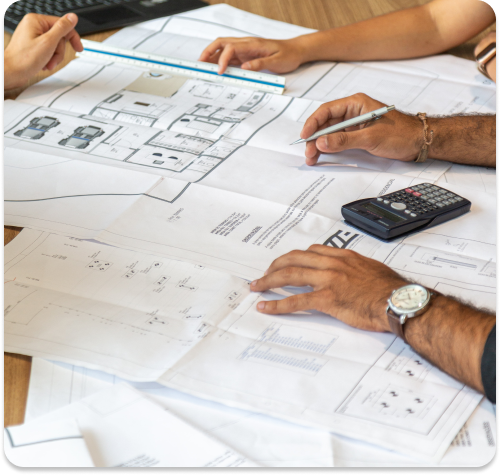
In 1999, Kurt Salierno founded a ministry serving the homeless called “Church on the Street.” Using the parking lot of SafeHouse, the ministry hosted a meal and worship service each Thursday. Though the services provided a regular structure, the foundation of the ministry was spending time building relationships and doing life with those experiencing homelessness. Over the next decade, the ministry received broad ecumenical support; invited volunteers and interns to support and run programming; and hosted numerous student mission teams.
In 2008, the financial crisis wreaked havoc on the global economy. Church on the Street was experiencing its own organizational crisis. A transition in leadership ensued, and Andy Odle was brought in as executive director in July 2008. Andy was a former staff member with Church on the Street who had recently completed doctoral studies in Scotland. Andy accepted the position under the auspices of working out the application of his doctoral studies which examined homelessness and poverty from a theological perspective and offered a critique of the response of both the church and public policy strategies. The organizational focus shifted towards community building, exploring what creates poverty and division, and how to address it. This led to the emphasis on reconciliation, which continues to guide the organization today.
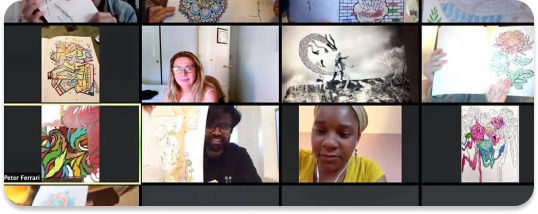
Embracing the importance of proximity and joining lives, the organization relocated to downtown Atlanta next to the Peachtree & Pine shelter. The initial strategy took the form of neighborhood walks, in which Andy walked the neighborhood and got to know his neighbors, especially those on the streets, simply to form relationships with them. As trust was built, opportunities to respond to these friends’ needs arose. Convinced of the need for others to understand the humanity of those different from them, Andy started to share about his life intentionally befriending people with experiences and stories different from his own. This led to interest from others who wanted to experience this kind of life. In late 2008, the first official program, “Saturday on the Street,” was launched to provide an opportunity for people to engage and have fun with people that were different than themselves. These differences were most visible perhaps in socio-economic or housing status, but also in race, religion, and location.

Church on the Street began to build partnerships with organizations and faith-based ministries located around the same area. Pastor Paul, founder of the Dream Center, offered free office space to help the organization re-establish itself. When the lease to this space expired, St. Paul’s Presbyterian Church (now Ponce Presbyterian Church) housed the organization and provided fertile ground to begin to experiment with community building. It was there that the Center for Practical Theology was launched, which allowed for the development of workshops, a conference, and the reimagining of “mission trips” into Immersion Experiences. These new experiences upended the traditional model with a clear focus on learning from and developing innovative solutions with our local community.
In April 2015, the partnership with St. Paul’s dissolved, and the team relocated programming to a local park and began to work out of Centerform. Centerform, was a coworking space and innovation hub focused on furthering social good, which provided a place to reflect on the lessons learned over the first years of growth. During this time a new innovative strategy and organizational model was developed. Soon after, the decision was made to make a more permanent home in Sweet Auburn, a neighborhood with a vibrant history of civil rights activism and flourishing but that had been dissected and deflated in recent decades.

To sustain and grow the rekindled organization, a new Board of Directors was assembled. This group provided a deeper span of expertise, as well as accountability and oversight in the implementation of the more robust and agile community building strategy and organizational structure. In October 2016, the organization rebranded. The new name, “Remerge,” was chosen to reflect both the continued centralization of joining lives (re-merging people from different walks of life), while also freeing the organization to experiment and iterate around community building strategies beyond traditional homeless ministry and poverty alleviation programs.
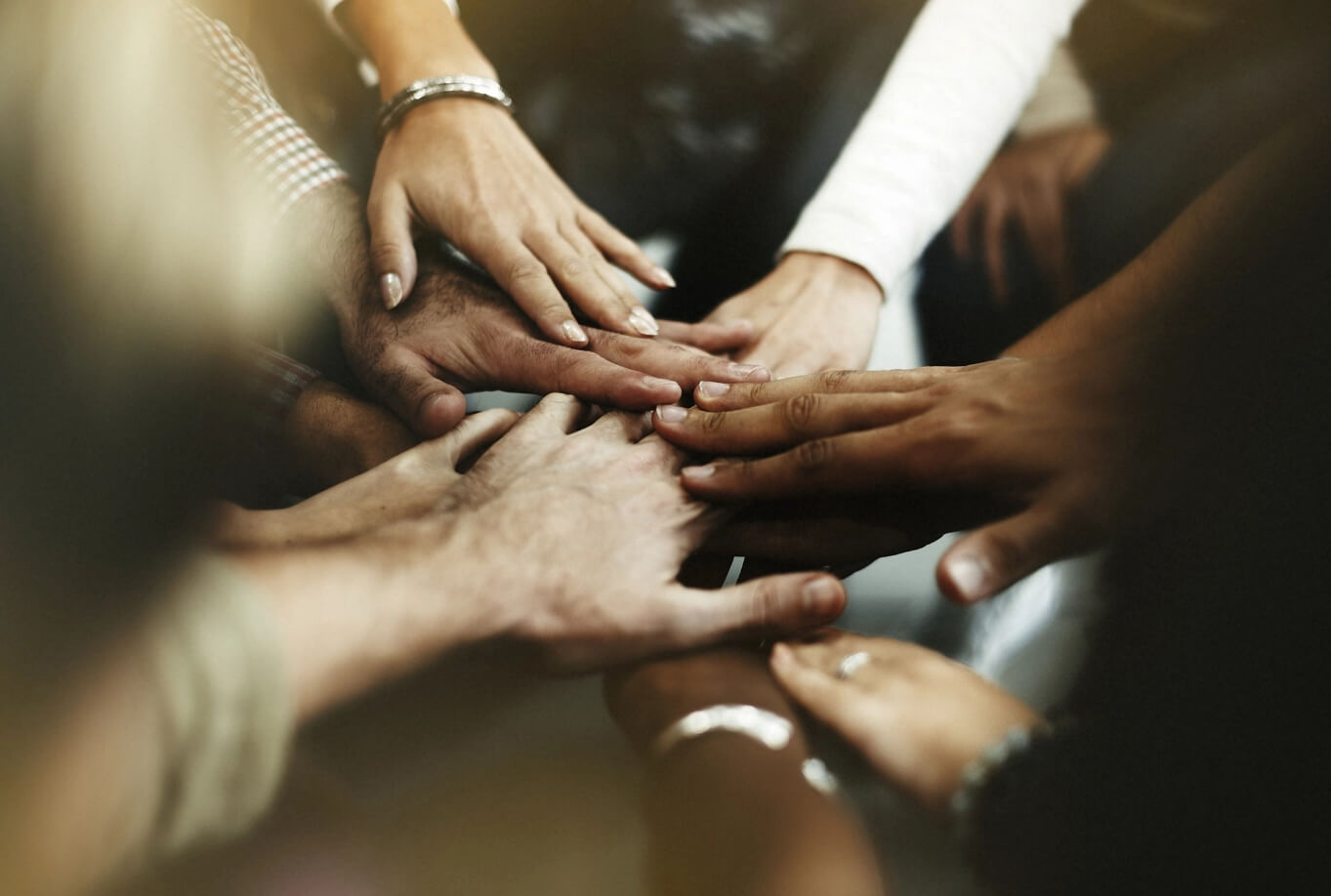
In November 2018, the Community Building Studio was opened at 340 Auburn Ave NE, officially housing the organization in the heart of the historic Sweet Auburn neighborhood and kicking off a new era in the organization. Coffee hours and community coloring events were offered at the space to continue to connect lives in organic ways. Giving Grace, a network of neighbors helping neighbors addressing critical needs and to stay in community, was expanded. The Community of Reconcilers was created to help faith-leaders network and collaborate on racial reconciliation projects. ColorATL joined the Remerge family to activate artists committed to community-building and to provide art resources for vulnerable populations. In 2019, the Sweet Auburn Community Museum was opened in the Studio. This dual gallery/museum was introduced to share the life and story of the neighborhood, not just the key actors that this neighborhood produced. In addition, the space was used to host neighborhood events and conversations with a particular focus on the inclusion of the most vulnerable. In this space, neighbors from a variety of means are welcome to engage in and contribute to planning and the thriving of the neighborhood.
New educational and innovation programs, including the Reconcilers’ Playbook and design workshops, were introduced to equip and support entrepreneurs, churches, nonprofits and other organizations in launching their own community-building strategies. Today Remerge continues to innovate in its offerings and to provide a space that supports reconciliation and collaboration that leads to belonging and the flourishing of the neighborhood.
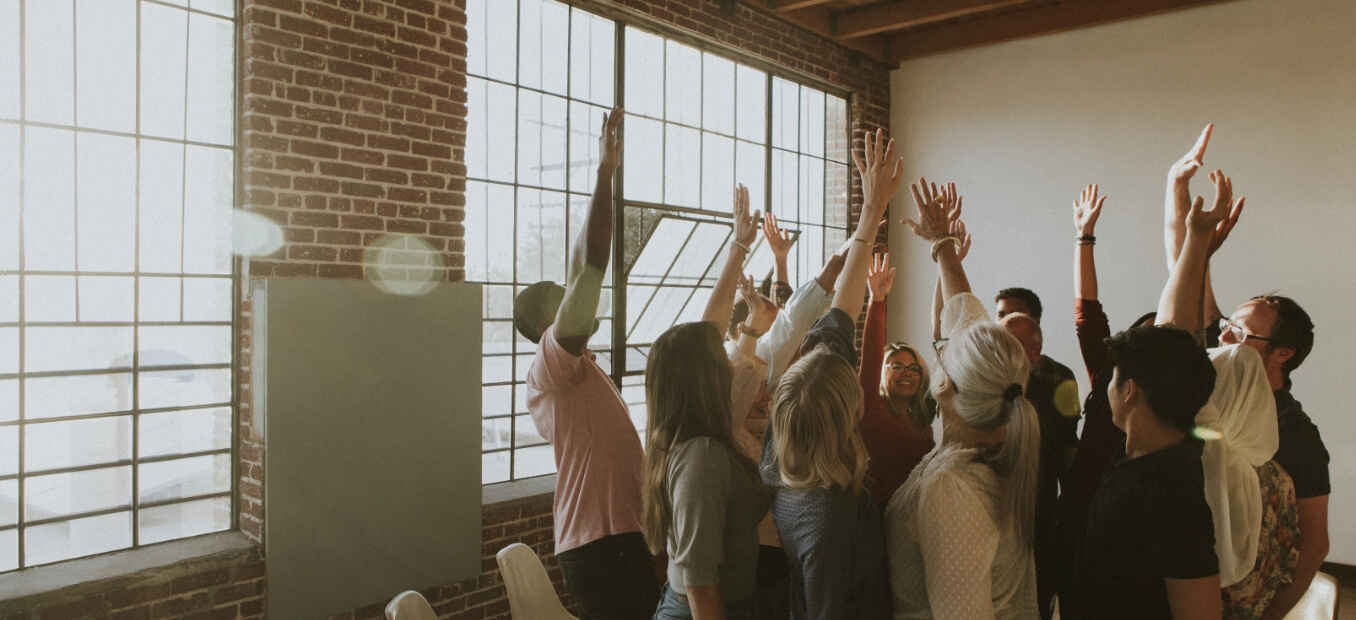
Join our community of changemakers.
Copyright © 2018 · REMERGE · All Rights Reserved.